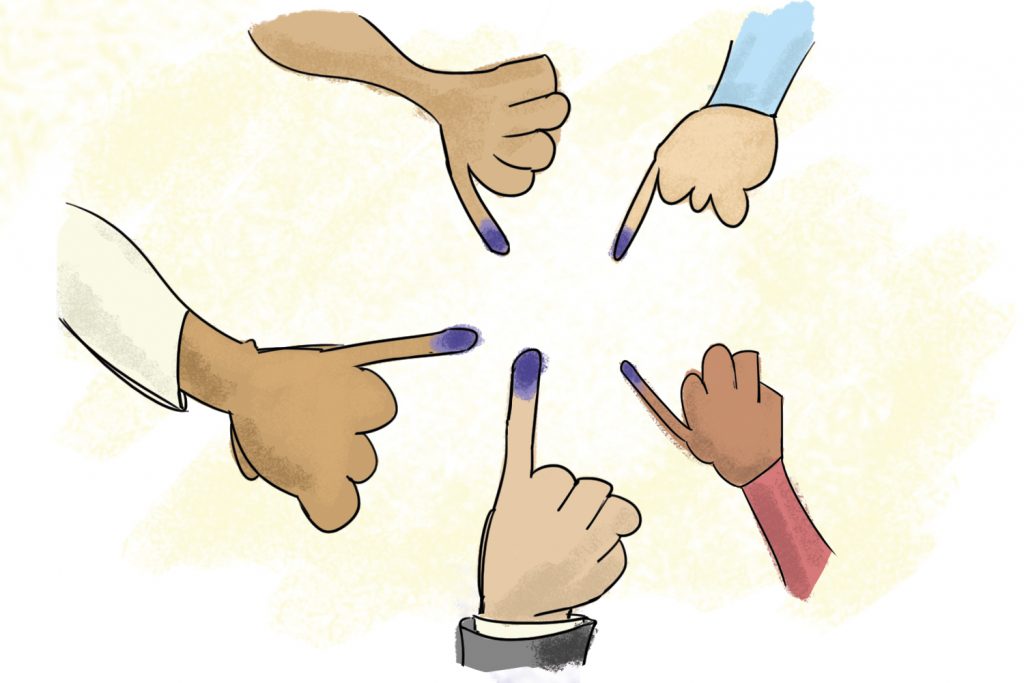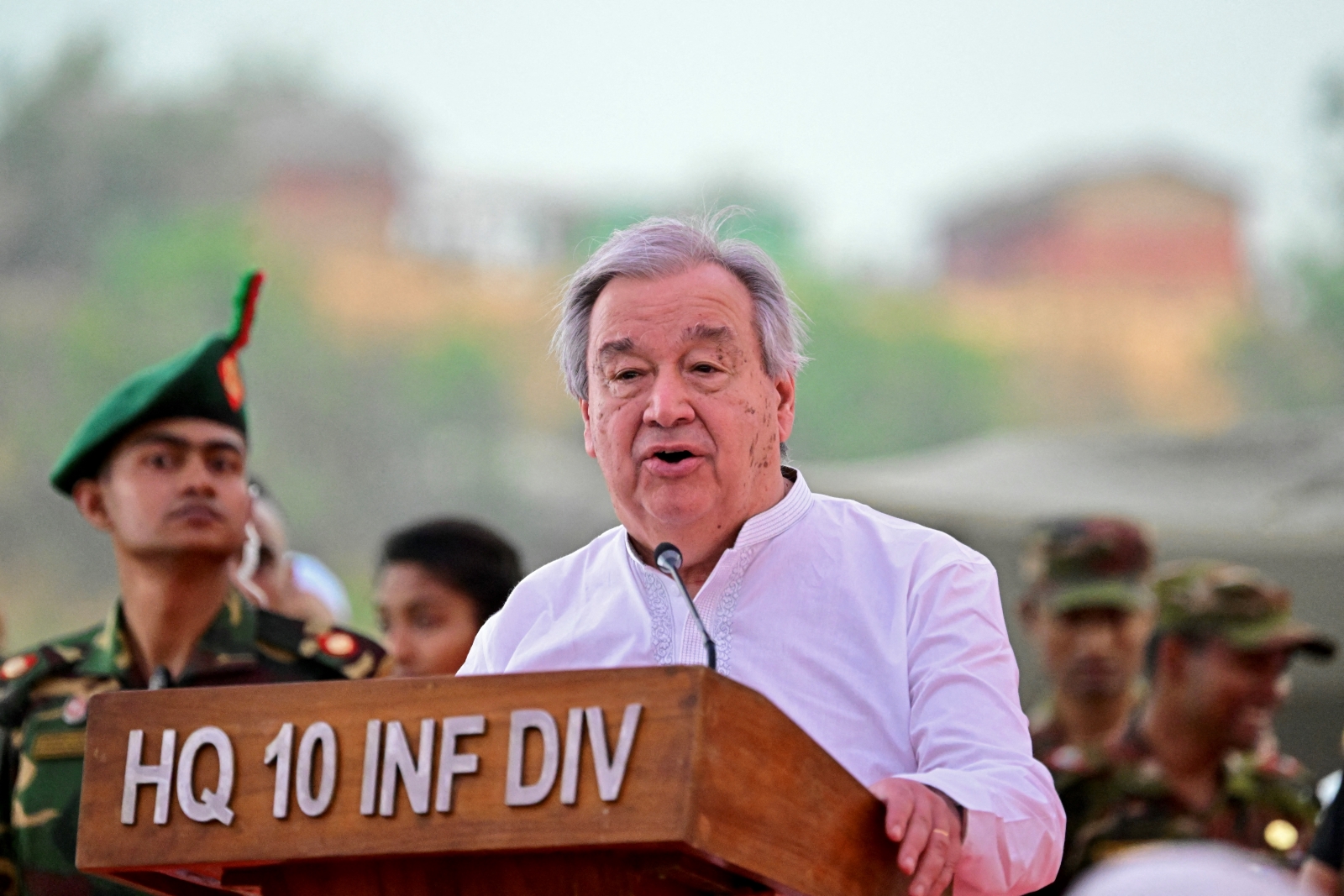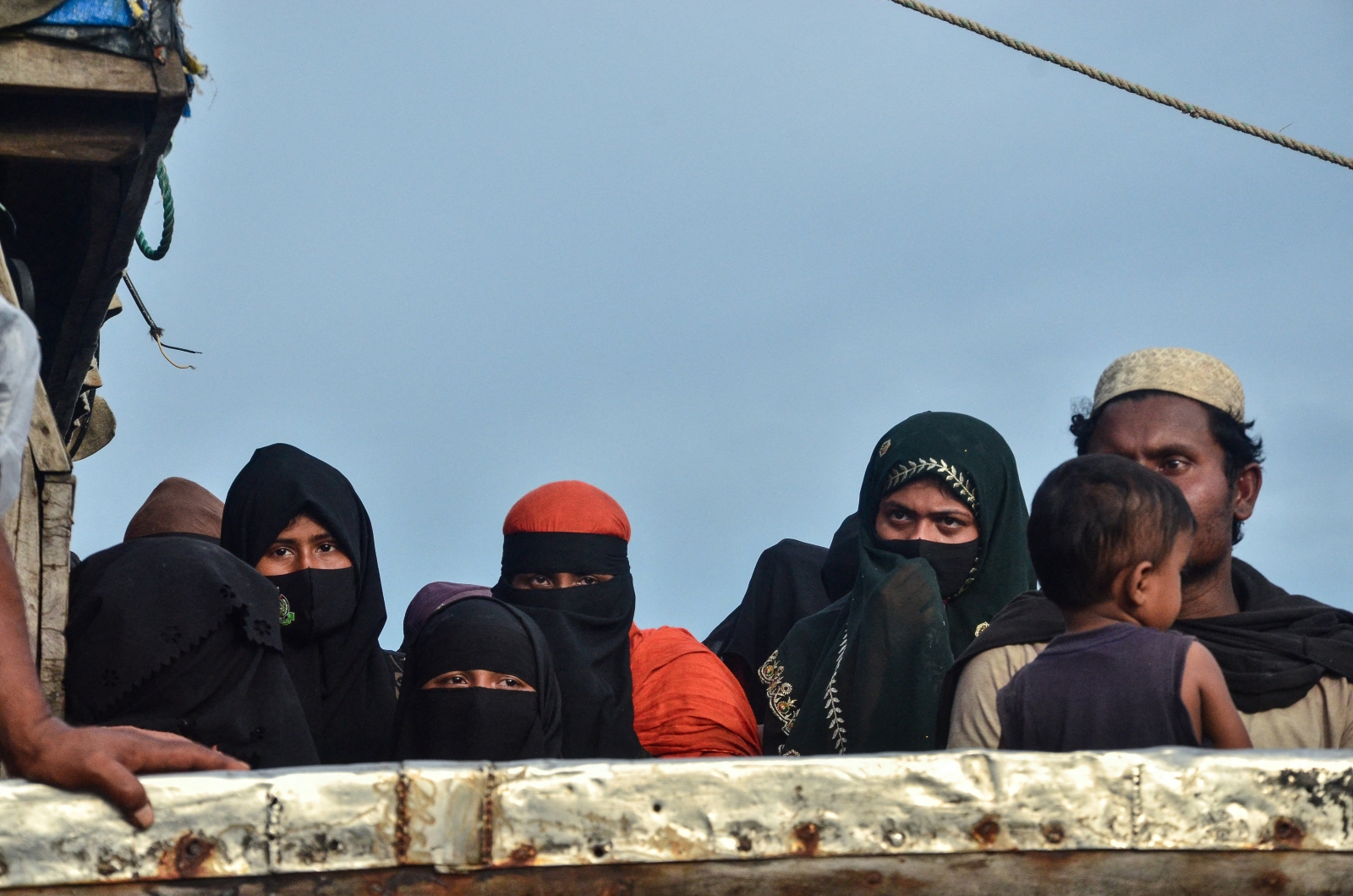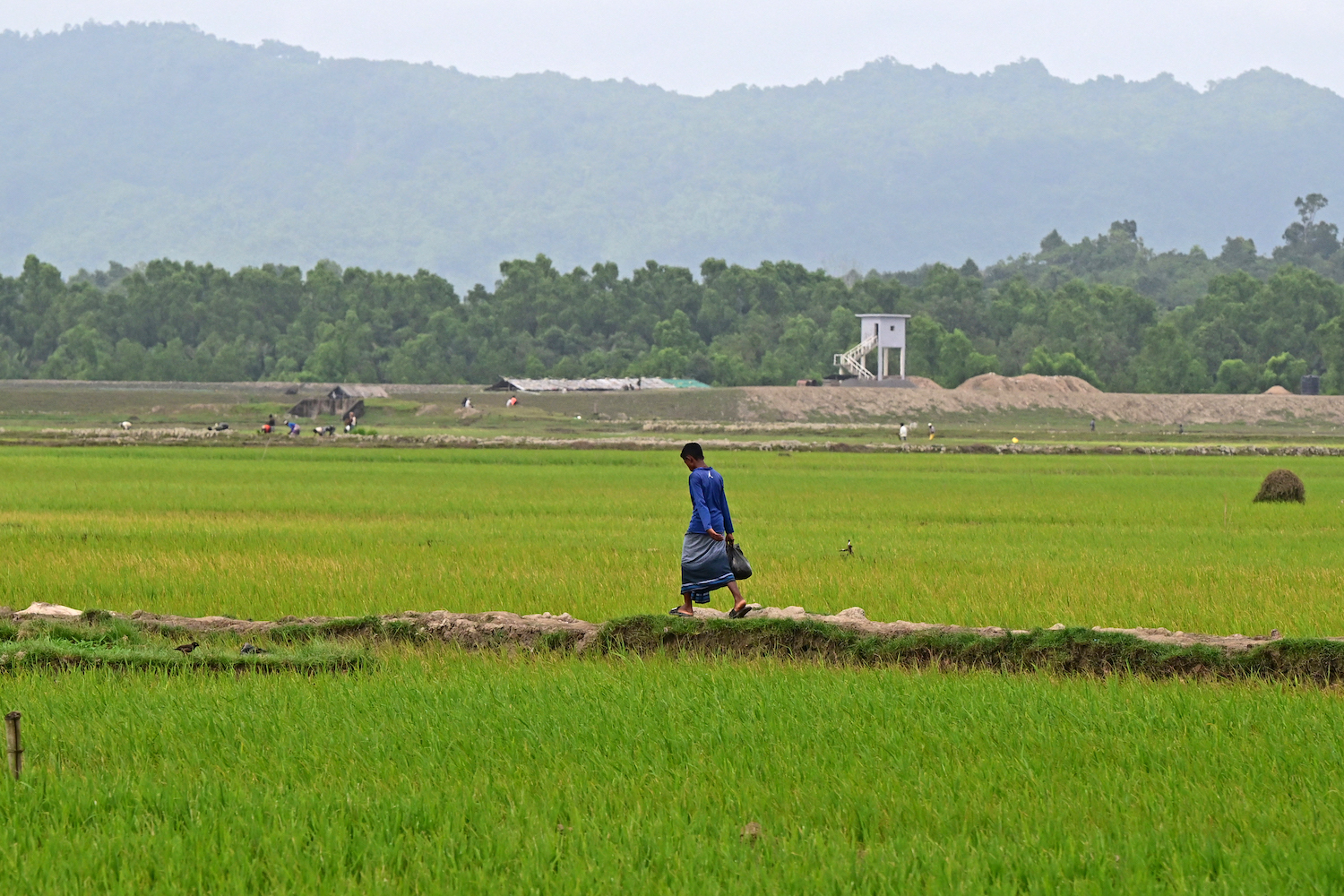The large turnout on November 8 powerfully demonstrated society’s commitment to democracy, but this should not overshadow deep flaws in the electoral process that threaten to undermine future progress.
On November 8, tens of millions of voters cast ballots in the country’s second general election since the end of military rule. The vast majority were able to do so freely, stamping beside the names of the candidates they wanted to represent them in national and state assemblies for the next five years.
There was healthy competition, with close to 6,000 candidates contesting from almost 100 parties. Encouragingly, the turnout exceeded the level seen five years ago, despite the very real threat of COVID-19. The votes were counted and tabulated in a transparent way.
In a region of the world where gerrymandering, the banning of opposition parties and candidates, and unfair electoral frameworks (among other failings) are rapidly becoming the norm, such a strong expression of democracy in action was refreshing. After decades of military rule, many in Myanmar clearly relish, if not cherish, the opportunity to vote freely for the candidates of their choice. The determination of so many to cast their ballot in this “COVID-19 election” was, frankly, inspiring.
The election was, nonetheless, beset with problems, ranging from online disinformation and voter list errors to the lack of independence of the Union Election Commission. The decision to proceed with the election despite the COVID-19 second wave also prompted objections from opposition parties, which said they were unable to effectively reach voters because of government restrictions to curb the pandemic, granting the ruling party an unfair advantage. And while COVID-19 does not seem to have suppressed turnout, there are already signs of a post-election spike in coronavirus cases.
The orderly conduct of voting and counting, which election monitors assessed positively, and the decisive outcome has put some of these problems in perspective. But had the election been closer, perceptions of UEC bias, for instance, would have become far more difficult to manage. The scale of the National League for Democracy’s win has taken most of the heat out of complaints from rival parties and candidates that the election was structurally unfair. This may not be the case in five or 10 years, and the next NLD government should waste little time in reforming the UEC to make it genuinely independent. This would require changing the constitution, which currently allows an incoming president to wholly appoint the commission, but this is a rare area of reform where the military would probably want to cooperate, given Tatmadaw chief Senior General Min Aung Hlaing’s own recent criticisms of the UEC.
There were two other issues that arguably did more than anything else to undermine credibility of the election: the UEC decision to cancel voting in insecure parts of the country in a non-transparent and seemingly partial manner, resulting in around 1.5 million people being unable to vote; and the disenfranchisement of the vast majority of Rohingya who lack citizenship but had been able to cast ballots in the 2010 election and the 2008 constitutional referendum.
It’s important these are not glossed over the in aftermath of the NLD’s emphatic victory, because they connect to Myanmar’s two biggest crises. We can’t pretend that the government is making progress towards restoring citizenship for the Rohingya and creating conditions that are truly conducive to the return of refugees from Bangladesh, or that it has shown the empathy or strategic vision to de-escalate the fighting with the Arakan Army. Given the grave trajectory of both crises, prospects for solutions appear bleak. Unless there is a change in approach from Nay Pyi Taw, democracy in Myanmar will continue to suffer.
Yes, tens of millions were able to vote freely on November 8. But it doesn’t make up for the fact that more than two million more could not due to conflict or discrimination. To be truly free and fair, elections need to be inclusive and the November 8 election was not fully inclusive. A wide range of groups and individuals share responsibility for this failure – including the Tatmadaw, whose role in creating the conditions for sweeping voting cancellations has been strangely overlooked in the rush to heap blame on the UEC – but there are practical steps the next government can take to avoid a repeat in 2025.
These failings don’t mean the election should be dismissed outright. At times the criticism has been excessive and threatened to turn into an unhelpful pile-on that only entrenches the defensive mindset, on the part of the government and mainstream society, which has become the norm since 2017 and made progress on toxic political issues more difficult. Another risk is that excessive criticism will give credibility to some of the seemingly disingenuous, and potentially destabilising, claims being made by the losers from the election.
Myanmar’s election story is far richer and more complex than one community, one issue or one person. It’s a story that can’t only be told exclusively through shortcomings.
Myanmar’s voters have spoken decisively, and their views should be respected. Thanks to their determination, patience and bravery, the country has taken another important step forward on the long road to genuine democracy. But if left unaddressed, the glaring flaws in the electoral process will ensure Myanmar stops well short of this destination.







